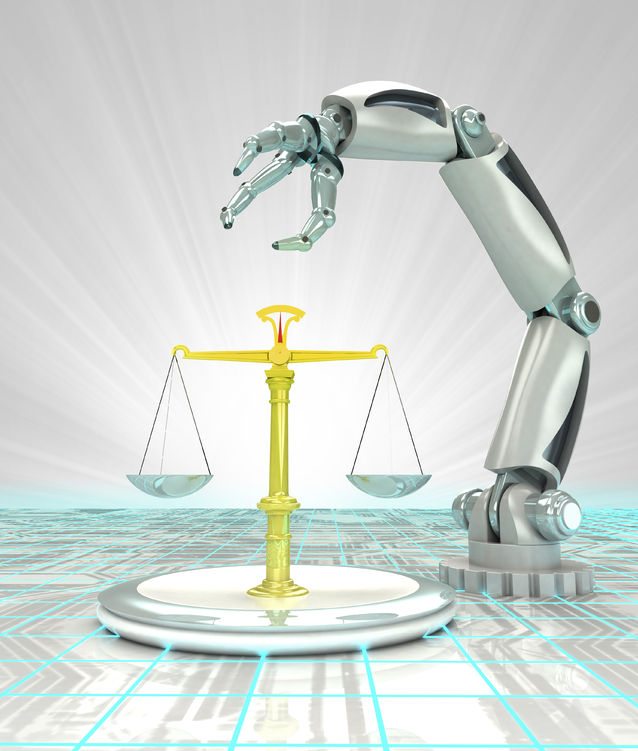Brian Hall - November 15, 2017 - Artificial Intellience, Internet Law, Internet Lawyer

Bonus content: Can You Make Money Using ChatGPT? (See video below)
In modern times, life is less about keeping up with the Joneses and more about keeping up with the Jetsons. Technology has infiltrated almost every aspect of life, where a dead cell phone feels like a lost limb. With artificial intelligence (AI) and machine learning developments, battery-dead devices will begin to feel like lost companions. As an AI lawyer specializing in AI law, I am uniquely aware of how fast AI develops. ChatGPT by OpenA is the best current example of an AI service platform that is driving the explosion of public awareness about the potential of AI to change the way we live and work. Evangelists of the ChatGPT service believe AI will revolutionize customer service, legal services, healthcare, finance, retail, education, software programming, art, and more.
Artificial Intelligence (AI) and machine learning refer to software that can adjust how their coding reacts to input over time as they “learn” more about the information they are receiving. Artificial intelligence affects life, from Siri to smart cars to online advertisements. The full range of rewards and risks that arise from using these technologies has not been fully explored. AI can automate any process, perform predictive analytics, improve information accuracy and do so in seconds. AI can also create better user experiences and provide more personalized services.
There is no ‘category’ of law called “AI law” which we can apply to legal issues created and presented by artificial intelligence. Lawyers, judges, and arbitrators will need to apply classic legal principles to AI. As with any new technology, the current caselaw and statutes may not easily be adapted to unique issues presented by artificial intelligence. It will take years for attorneys representing AI companies, judges presiding over cases involving AI, and arbitrators specializing in AI to figure it out. A lawyer advising an AI company or client will need to develop new law, as well as attempt to provide advice and recommendations about how the law will be applied to issues of copyright infringement, software as service agreements, drafting terms of use for AI applications and services, developing data privacy models and privacy agreements, and understanding AI copyright issues when the author of the work is a machine, as opposed to a human.
At least five legal issues are innately associated with AI and machine learning.
You no doubt have heard of ChatGTP through the project OpenAI. ChatGTP provides a service whereby users can interact with a chatbot using natural language as though it is a normal human conversation. OpenAI is based on a deep learning model trained on millions of conversations, allowing it to learn and respond to questions and prompts (commands, context, approaches). Even more critical, ChatGTP learns more with every conversation. ChatGTP exploded into mainstream consciousness in late 2022 with the launch of version ChatGTP 3, turning the world upside down with excitement about the possibilities of artificial intelligence. Developers and others are creating services on top of the OpenAI codebase using the ChatGTP API.
Because ChatGTP is a service, there are no licenses to use the API; however, a ChatGTP service agreement defines appropriate use and the limitations on use. There is also an OpenAI Terms of Use agreement which you will need to review. Here is what ChapGTP says about the commercial use of its service by third parties:
(c) Restrictions. You may not (i) use the Services in a way that infringes, misappropriates or violates any person’s rights; (ii) reverse assemble, reverse compile, decompile, translate or otherwise attempt to discover the source code or underlying components of models, algorithms, and systems of the Services (except to the extent such restrictions are contrary to applicable law); (iii) use the Services to develop foundation models or other large scale models that compete with OpenAI; (iv) use any method to extract data from the Services, including web scraping, web harvesting, or web data extraction methods, other than as permitted through the API; (v) represent that output from the Services was human-generated when it is not; or (vii) buy, sell, or transfer API keys without our prior consent. You will comply with any rate limits and other requirements in our documentation. You may use Services only in geographies currently supported by OpenAI.
Note the terms of use do not exclude commercial use. So, you can use ChatGPT to launch a business, monetize or make commercial use.
When it comes to AI and machine learning, there are currently more legal questions than answers. Artificial intelligence legal issues have yet to arise. But don’t worry; robots may have legal answers for us soon enough. When they do, will we be ready to listen? How does machine learning fit in Law? Law, including AI lawyers, is but one area to be disrupted by AI.